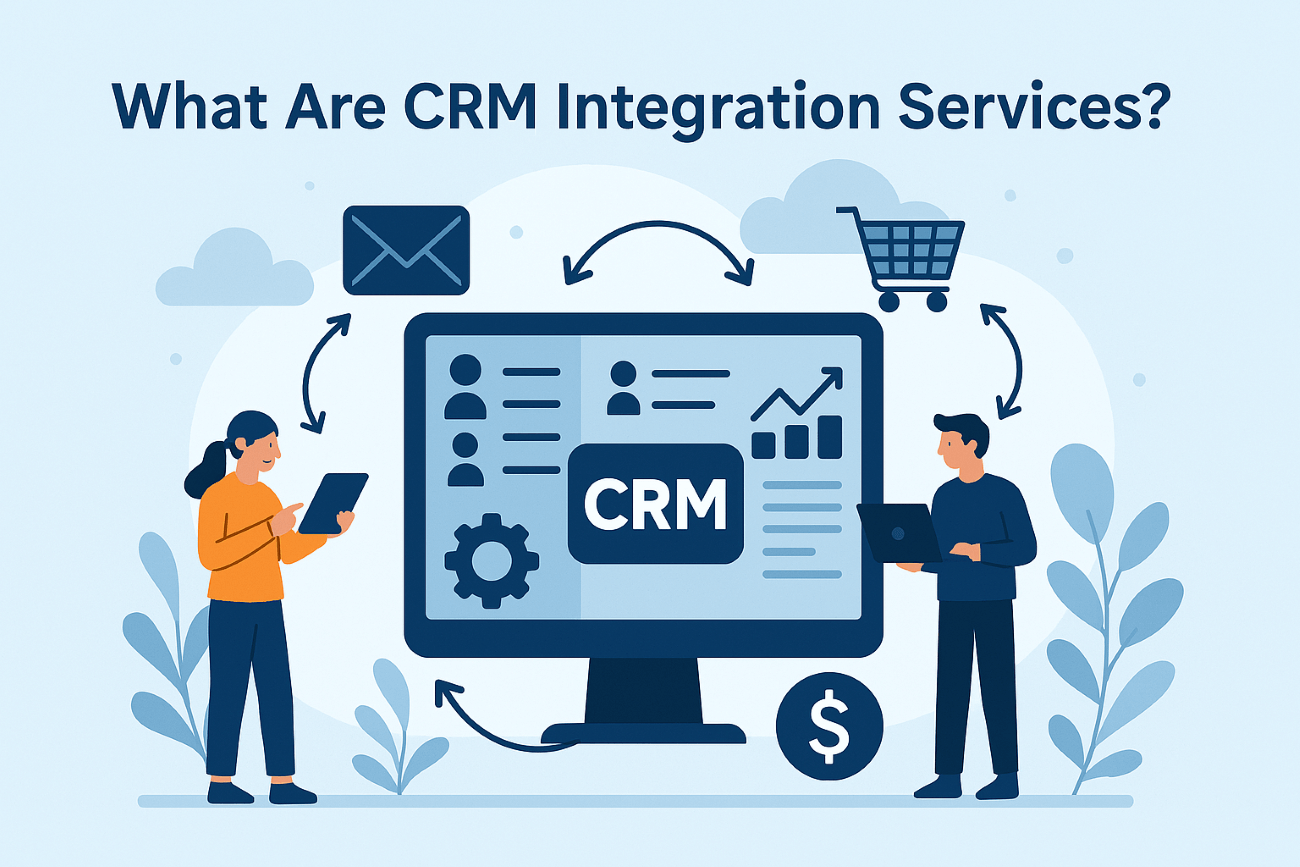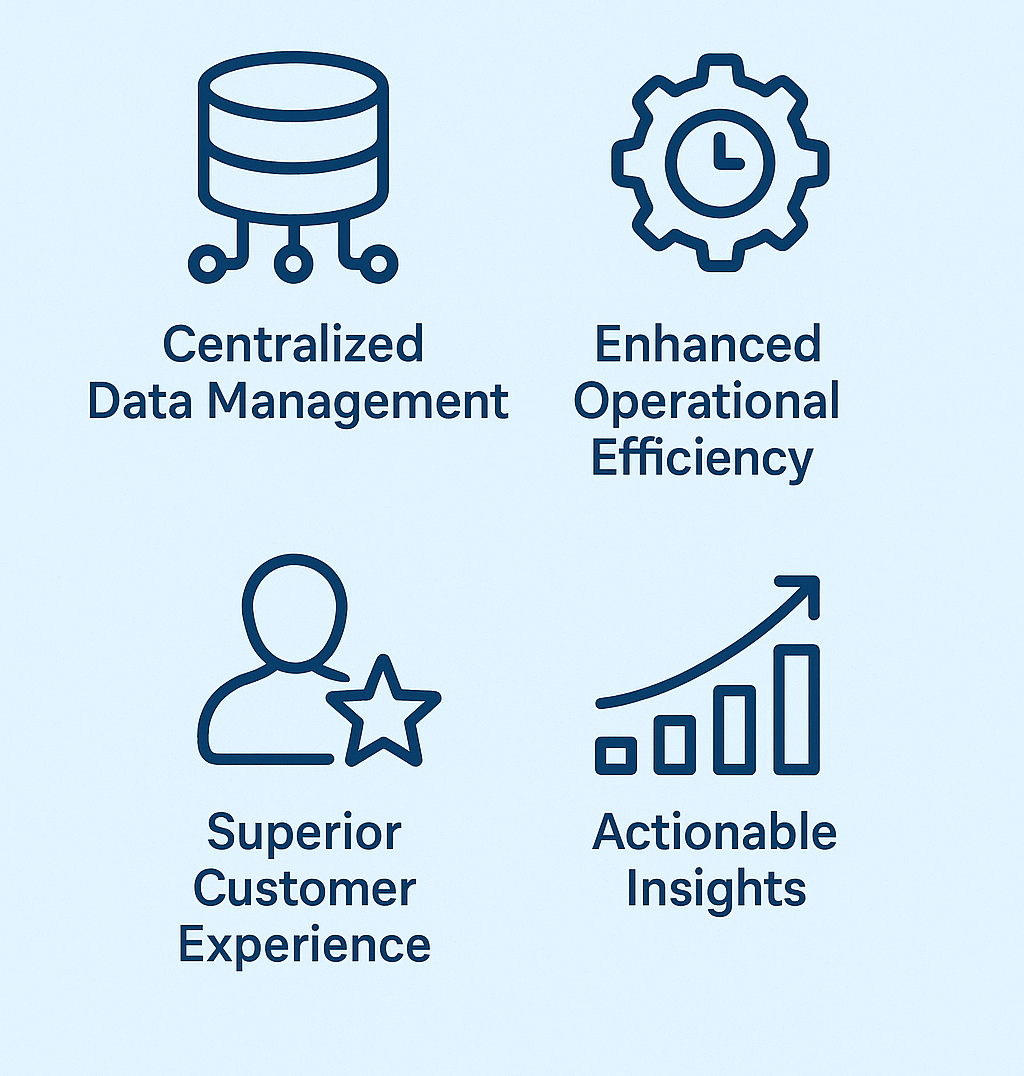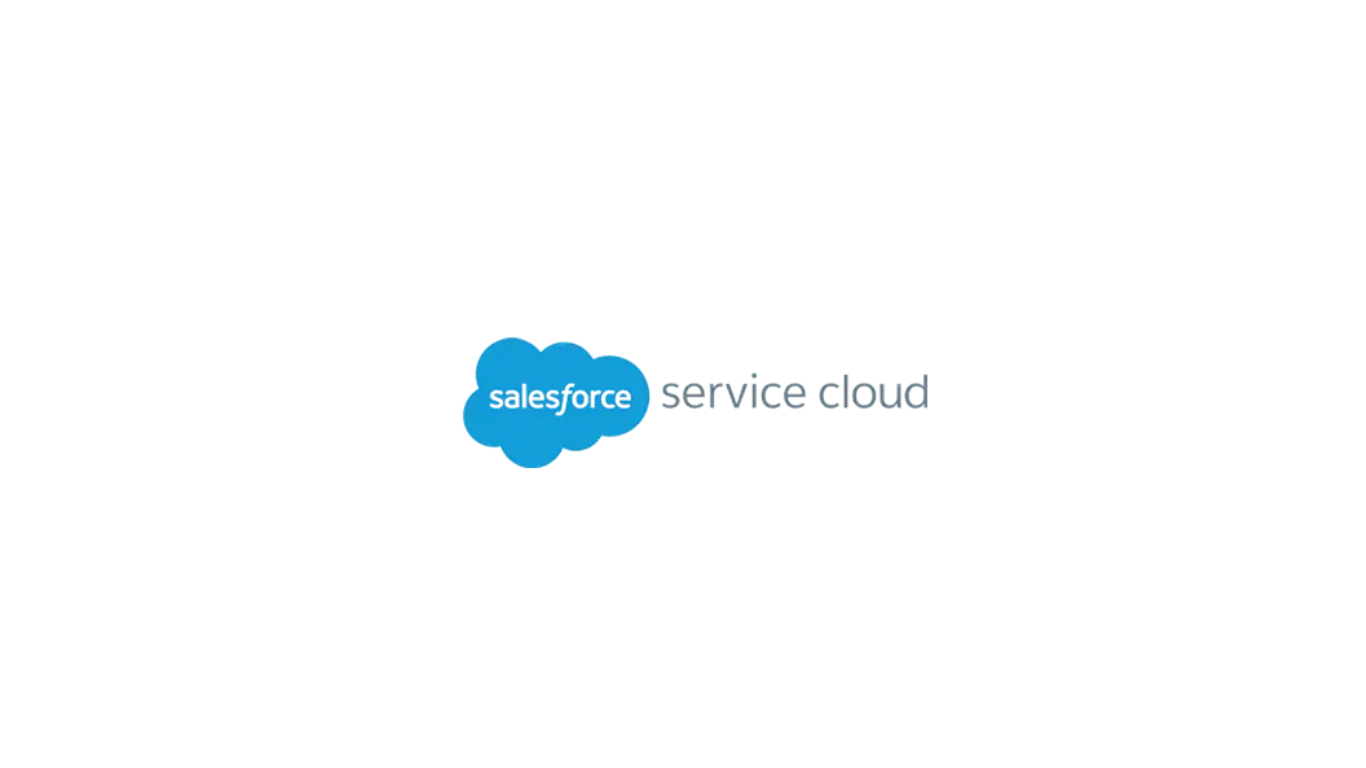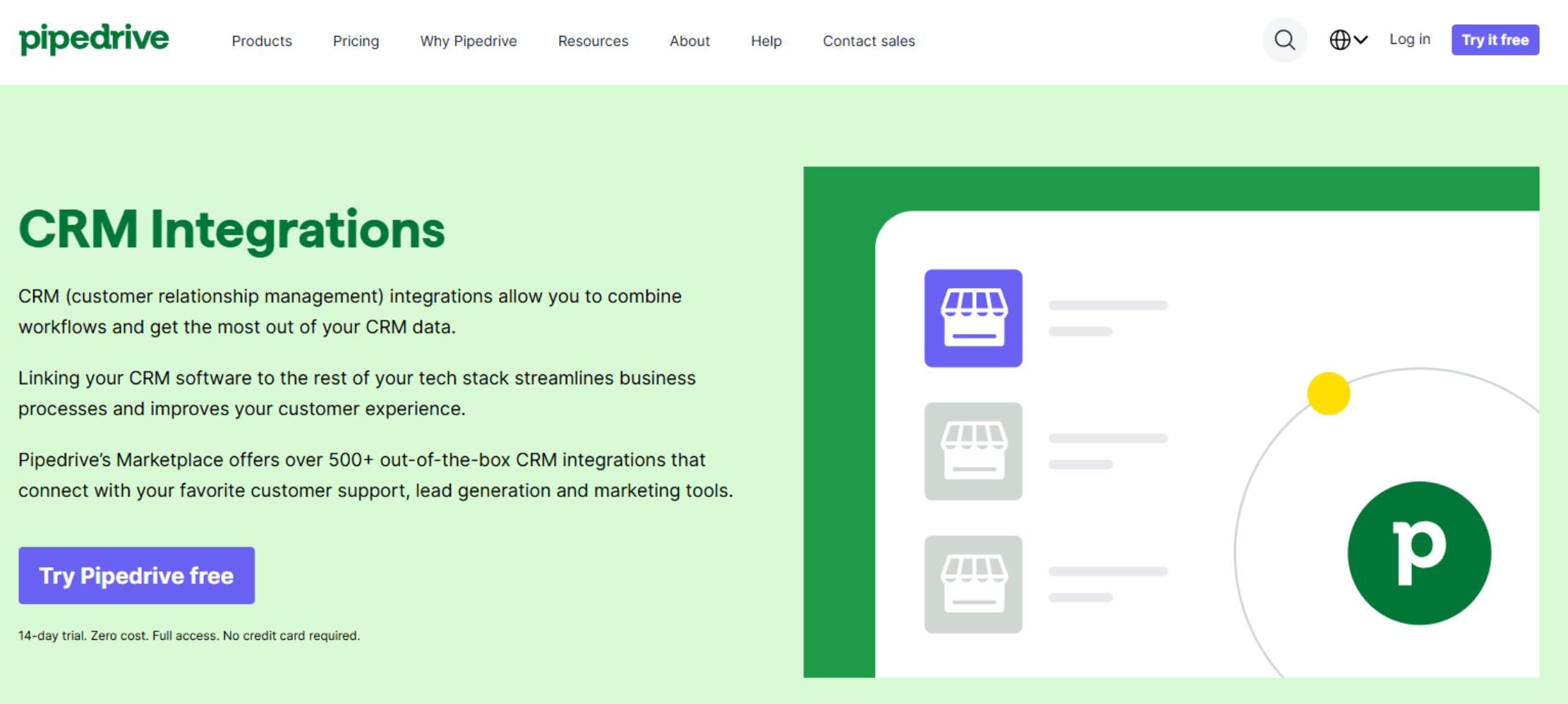Is your business struggling with fragmented customer data across multiple systems? These data silos aren’t just frustrating—they’re costing you clients, revenue, and valuable opportunities.
CRM integration services connect your customer relationship management system with essential business applications, creating a unified platform where customer data flows seamlessly between departments—eliminating operational inefficiencies and enhancing customer interactions.
Imagine having a complete view of every customer relationship instantly accessible throughout your organization. Companies implementing professional CRM integration solutions report up to 300% higher conversion rates (Source: DynaTech Systems), dramatically improved customer satisfaction, and significant operational efficiency as manual tasks become automated.
Your team can finally focus on driving business growth rather than managing disconnected data.
Don’t let fragmented systems undermine your customer relationships. This guide provides everything you need to know about CRM integration services—from essential integration types to selecting the right provider and measuring ROI.
Discover how properly integrated CRM systems can transform your business operations and customer experience.
In today’s competitive business landscape, effective customer relationship management is essential. CRM integration services have become crucial for businesses looking to streamline business processes, improve data accuracy, and boost customer satisfaction.
What Are CRM Integration Services?

CRM integration services refer to the professional assistance and technical solutions provided to connect your Customer Relationship Management (CRM) system with other business applications, creating a unified platform of tools that work together.
These services ensure that customer data flows efficiently across your entire technology stack, eliminating data silos and creating a single source of truth for customer information.
Why Your Business Needs CRM Integration Services

1. Centralized Data Management
With professional CRM integration solutions, all your customer data resides in one accessible location.
This centralization eliminates the need to switch between multiple systems, reducing time spent on manual tasks and minimizing the risk of data inconsistencies.
2. Enhanced Operational Efficiency
According to recent studies, effective organizations are 81% more likely to use an integrated CRM platform (Source: Nutshell).
By automating business processes such as data entry, follow-ups, and scheduling, your team can focus on high-value activities that drive business growth.
3. Improved Data Accuracy and Data Integrity
Manual transfer between systems often leads to errors.
CRM integration ensures seamless data flow occurs automatically, providing reliable data points for decision-making and maintaining data integrity throughout your organization.
4. Superior Customer Experience
When your systems are properly integrated, you can deliver exceptional customer service and personalized, consistent customer experiences across all touchpoints.
This level of service is increasingly expected by today’s consumers and can significantly impact customer relationships and retention.
5. Actionable Insights
Integrated CRM solutions provide comprehensive analytics and reporting capabilities, giving you actionable insights into customer behavior, sales data, and business operations that help you identify trends and opportunities.
Key Benefits of CRM Integration
The importance of customer relationship management integration services is underscored by compelling statistics:
- The CRM software industry is projected to be worth over $88 billion in 2024
- 87% of businesses now use cloud-basedCRM systems
- Benefits of CRM integration include up to 300% increase in conversion rates
- The ROI of properly implemented customer relationship management CRM can exceed 245%
- 92% of businesses say CRM solutions play a crucial role in achieving revenue goals
- 50% of teams report improved productivity by integrating CRM with mobile solutions
Essential CRM Integration Services
Integrating your CRM with other business tools is crucial for streamlining operations, improving customer experiences, and driving data-driven decisions.
From APIs to middleware solutions, professional CRM integration services ensure your systems communicate smoothly and securely. Below are some of the key services that enable a connected, efficient tech ecosystem.
1. API Integration
Professional service providers develop custom application programming interfaces between your CRM system and other business systems, enabling businesses to ensure secure and efficient exchange of relevant customer data.
2. Email and Marketing Automation Integration
Connect your CRM with email platforms and marketing automation platforms to track communications, automate follow-ups, and manage marketing campaigns effectively, aligning marketing efforts with sales activities.
3. E-commerce Integration
Link your CRM with your e-commerce store to synchronize customer data, purchase history, and inventory management data, creating a seamless shopping experience and comprehensive view of your customers.
4. Enterprise Resource Planning Integration
Connect your CRM with Enterprise Resource Planning systems to align customer-facing operations with back-office functions like accounting, inventory, and order fulfillment, further streamlining business processes.
5. Social Media Integration
Implement social media integration to monitor and manage interactions directly from your CRM to provide timely responses and capture valuable customer behavior data for your marketing campaigns.
6. Custom Integration Solutions
Develop custom integration solutions for unique business requirements that standard connectors cannot address, ensuring your specific business needs are met while eliminating data silos.
Popular CRM Platforms and Integration Options
1. Salesforce CRM Integration
Salesforce CRM integration services provide robust connectivity options with hundreds of applications through its AppExchange marketplace and powerful API capabilities.
Check out how to connect Salesforce CRM here.

2. Microsoft Dynamics Integration
Microsoft Dynamics integration offerings provide seamless connectivity with Microsoft’s ecosystem of products as well as third-party applications.
3. Pipedrive CRM Integration Services
Pipedrive CRM integration services focus on sales pipeline optimization and offer various integration options to enhance the sales process.

4. Oracle Service Cloud Integration
Oracle Service Cloud integration capabilities deliver enterprise-grade connectivity solutions for complex business environments with high security and compliance requirements.
The CRM Integration Process
1. Assessment and Strategic Planning
Professional CRM integration services begin with a thorough assessment of your current systems, business processes, and integration requirements.
This critical phase involves:
- Identifying which systems need to be connected
- Data mapping between applications
- Defining integration objectives and KPIs
- Establishing a realistic timeline and budget
2. Solution Architecture
Based on the assessment, CRM consulting specialists design a technical architecture that specifies:
- Integration methods (API, middleware, direct database connection)
- Data integration requirements
- Security protocols
- Error handling procedures
3. Development and Configuration
This phase of the integration process involves:
- Building custom integration solutions
- Configuring middleware or integration platform
- Establishing data mapping rules
- Setting up workflows to automate processes
4. Testing and Quality Assurance
Comprehensive testing ensures the integration functions correctly:
- Unit testing of individual components
- Integration testing across business systems
- Performance testing under various loads
- User acceptance testing with stakeholders
5. Deployment and Training
Once testing is complete, the integration goes live:
- Staged rollout to minimize disruption
- Training staff to manage customer interactions through the new integrated system
- Documentation of the integrated CRM platform
6. Ongoing Support and Optimization
CRM integration services typically include:
- Technical support for integration issues
- Performance monitoring and optimization
- Updates to accommodate system changes
- Scalability planning for business growth
Common Challenges in CRM Integration and Solutions
Data Synchronization Issues
Challenge: Different systems may store customer data in various formats, making seamlessly integrating CRM systems difficult.
Solution: Professional integration services implement data transformation layers and validation rules to ensure consistency and data integrity across platforms.
User Adoption Resistance
Challenge: Employees may resist adopting new integrated systems due to unfamiliarity.
Solution: Comprehensive training programs, intuitive user interfaces, and demonstrating tangible benefits of CRM help overcome resistance.
Integration Complexity
Challenge: Connecting multiple systems with different architectures and data models can be technically challenging.
Solution: Experienced specialists use modern integration platforms and proven methodologies to simplify complex connections.
Data Security and Compliance
Challenge: Integrated systems must maintain robust security and regulatory compliance for CRM data.
Solution: Professional services include implementing encryption, access controls, and compliance frameworks tailored to your industry requirements.
Cost Management
Challenge: Integration projects can become costly without proper planning and oversight.
Solution: Skilled integration partners provide detailed scoping, prioritize high-value integrations, and may offer phased approaches to manage customer relationships cost-effectively.
Choosing the Right CRM Integration Service Provider
When selecting a partner for your CRM integration needs, consider these six factors:
1. Technical Expertise
Look for providers with proven experience integrating CRM with the systems you use. Ask about their team’s certifications and technical capabilities in application programming interfaces and data integration.
2. Industry Knowledge
Providers familiar with your industry will understand your specific workflows and how to streamline customer interactions based on industry best practices.
3. Implementation Methodology
Evaluate their approach to project management, communication, and quality assurance to ensure they can deliver exceptional service during the integration process.
4. Support Services
Ensure the provider offers comprehensive post-implementation support, including troubleshooting and ongoing optimization to boost customer satisfaction long-term.
5. Client References
Request case studies or references from similar businesses that have used their integration services to improve their ability to manage customer relationships.
6. Scalability
Choose a provider whose solutions can grow with your business needs and adapt to changing requirements as you drive business growth.
Future Trends in CRM Integration Services
AI and Machine Learning Enhancement
Integration services are increasingly incorporating AI capabilities to provide predictive analytics, automated customer segmentation, and intelligent workflow recommendations to identify trends and improve customer interactions.
IoT Integration
The Internet of Things is opening new frontiers for CRM integration, connecting customer data with information from physical devices and sensors to provide more comprehensive data points.
Omnichannel Experience Enablement
Advanced integration services now focus on creating seamless customer experiences across all channels, enabling businesses to maintain consistent relationships regardless of how customers connect.
Low-Code/No-Code Solutions
The emergence of low-code platforms is making some aspects of CRM integration more accessible, though complex integrations still require professional expertise to properly eliminate data silos.
Real-time Processing
Modern integration services emphasize real-time seamless data flow rather than batch processing, enabling businesses to take immediate action on relevant customer data.
Real-World Success Stories
E-commerce Example
Eric Javits integrated their CRM system with their Shopify e-commerce platform, ERP system, and marketing automation tools. The result was a 35% increase in repeat purchases, 25% reduction in sales process time, and significantly improved inventory management.
Professional Services Firm
A SEO consulting firm integrated their CRM with project management, billing, and communication tools, streamlining business processes (Source: MoldStud). This integration led to 40% faster proposal creation, improved resource allocation, and enhanced ability to manage customer interactions.
Manufacturing Company
By connecting their CRM with their Enterprise Resource Planning and field service management systems, a manufacturing company reduced service response times by 35% and achieved increased customer satisfaction scores by 28%.
Conclusion
CRM integration services provide far more than technical connectivity—they deliver strategic business value by aligning your technology ecosystem with your customer-centric objectives.
In today’s digital business environment, seamlessly integrating CRM systems with other business applications isn’t just a technological advantage; it’s a competitive necessity for organizations seeking to drive business growth.
By investing in professional services to integrate CRM systems, you’re not only optimizing your current business operations but also building a flexible foundation that can adapt to future business needs and technological advancements.
The right integration strategy transforms your CRM from a simple contact database into the intelligent nerve center of your customer relationships.
Whether you’re looking to improve operational efficiency, enhance customer experience, or gain deeper actionable insights, professional CRM integration services provide the expertise, tools, and support needed to achieve your goals and deliver exceptional service to your customers.
FAQ
What maintenance is required after integration is complete?
Regular monitoring, occasional updates to accommodate system changes, and periodic optimization to align with evolving business processes and to continually boost customer satisfaction.
How do we measure the ROI of CRM integration?
Key metrics include time saved on manual tasks, improved data accuracy, faster sales process, higher customer satisfaction scores, and increased revenue from better-managed customer relationships.
Is cloud-based or on-premise CRM better for integration?
Cloud-based CRMs typically offer more modern APIs and integration capabilities, but skilled integration services can effectively connect either type to help you better manage customer relationships.
How much do CRM integration services typically cost?
Costs vary widely based on complexity, from a few thousand dollars for simple integrations to six figures for enterprise-wide projects connecting multiple business systems and automating business processes.
Can CRM integration services work with custom-built business applications?
Yes, professional integration specialists can create custom integration solutions for proprietary systems, though this may require additional development time to properly access data across platforms.



